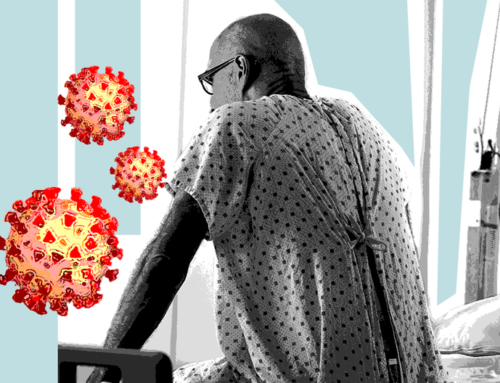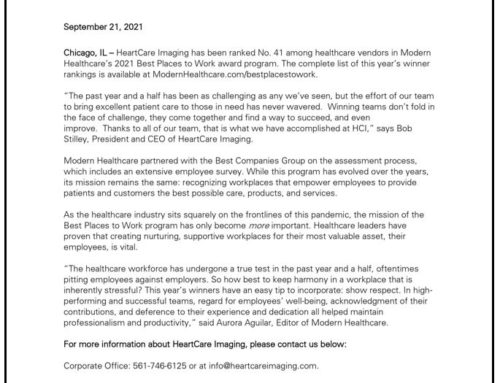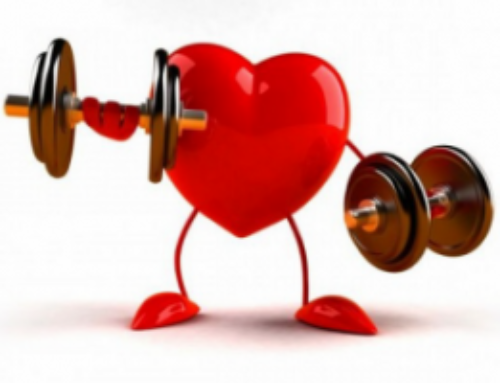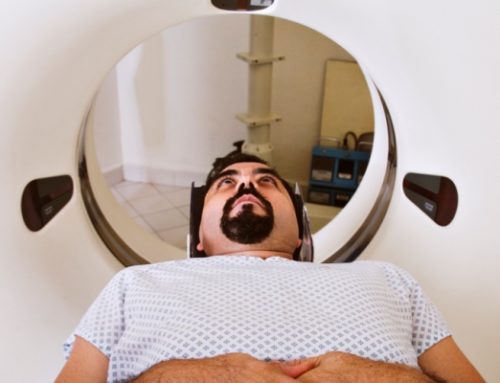Know Your Risk Factors for High Blood Pressure
A number of factors and variables can put you at a greater risk for developing high blood pressure (HBP or hypertension). Understanding these risk factors can help you be more aware of how likely you are to develop high blood pressure.
Risk factors related to who you are
Common hereditary and physical risk factors for high blood pressure include:
- Family history If your parents or other close blood relatives have high blood pressure, there’s an increased chance that you’ll get it, too.
- Age The older you are, the more likely you are to get high blood pressure. As we age, our blood vessels gradually lose some of their elastic quality, which can contribute to increased blood pressure. However, children can also develop high blood pressure. Learn more about children and high blood pressure.
- Gender Until age 64, men are more likely to get high blood pressure than women are. At 65 and older, women are more likely to get high blood pressure. Learn more about women and high blood pressure.
- Race African-Americans tend to develop high blood pressure more often than people of any other racial background in the United States. It also tends to be more severe in African Americans, and some medications are less effective in treating HBP in blacks. Learn more about African-Americans and high blood pressure.
- Chronic kidney disease (CKD) HBP may occur as a result of kidney disease. And, having HBP may also may also cause further kidney damage.
Modifiable risk factors
These are the risk factors you can change to help prevent and manage high blood pressure, including:
- Lack of physical activity: Not getting enough physical activity as part of your lifestyle increases your risk of getting high blood pressure. Physical activity is great for your heart and circulatory system in general, and blood pressure is no exception. Learn more about getting regular physical activity.
- An unhealthy diet, especially one high in sodium: Good nutrition from a variety of sources is critical for your health. A diet that is too high in salt consumption, as well as calories, saturated and trans fat and sugar, carries an additional risk of high blood pressure. On the other hand, making healthy food choices can actually help lower blood pressure. Learn more about improving your diet.
- Being overweight or obese: Carrying too much weight puts an extra strain on your heart and circulatory system that can cause serious health problems. It also increases your risk of cardiovascular disease, diabetes and high blood pressure. Learn more about managing your weight.
- Drinking too much alcohol: Regular, heavy use of alcohol can cause many health problems, including heart failure, stroke and an irregular heartbeat (arrhythmia). It can cause your blood pressure to increase dramatically and can also increase your risk of cancer, obesity, alcoholism, suicide and accidents. Learn more about alcohol, high blood pressure and the importance of moderation.
- Sleep apnea: Obstructive sleep apnea may increase risk of developing HBP and is common in people with resistant hypertension.
- High cholesterol: More than half of people with HBP also have high cholesterol.
- Diabetes: Most people with diabetes also develop HBP.
- Smoking and tobacco use: Using tobacco can cause your blood pressure to temporarily increase and can contribute to damaged arteries. Secondhand smoke, exposure to other people’s smoke, also increases the risk of heart disease for nonsmokers. Learn more about quitting smoking.
- Stress: Stress is not necessarily a bad thing in and of itself. But too much stress may contribute to increased blood pressure. Also, too much stress can encourage behaviors that increase blood pressure, such as poor diet, physical inactivity, and using tobacco or drinking alcohol more than usual. Socioeconomic status and psychosocial stress can affect access to basic living necessities, medication, healthcare providers, and the ability to adopt healthy lifestyle changes. Learn more about managing your stress.






Leave A Comment